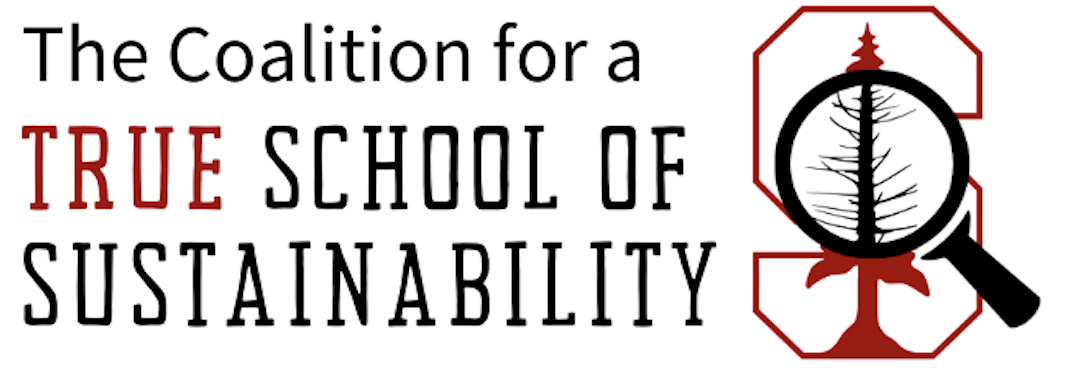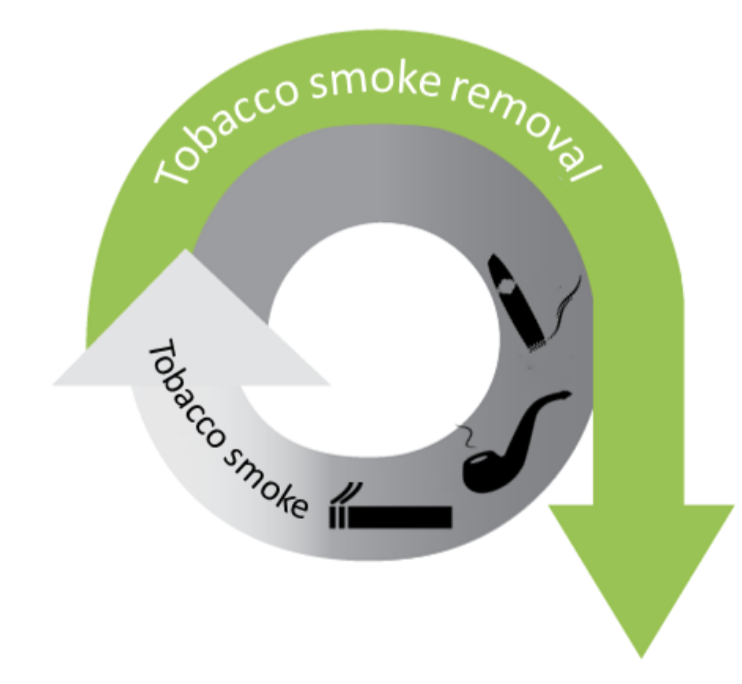[Satire] Stanford Pursues Smoke Scrubbers after Input from Big Tobacco
This article is purely satirical and fictitious. All attributions in this article are not genuine, and this story should be read in the context of pure entertainment only.
Inspired by the Doerr School’s first Flagship Destination, the Stanford School of Medicine has named the development of secondhand tobacco smoke scrubbers as its first Triumphant Goal, which will guide priorities of the School of Medicine’s technology accelerator.
“With this Triumphant Goal, we aim to develop lifesaving scrubbers that can help remove secondhand smoke, mitigating lung cancer risk in both new and existing smokers and their loved ones,” said Prof. Inthair Paukit. “Do you know how big a gigagram is? Did you know we have over 300 gigagrams of smoke to remove? The total mass of all people who know what a gigagram is only weighs half that! If we do not think about scalability from the start, then we may end up focusing on the wrong issues.”
“Secondhand smoke scrubbers are certainly useful, but they do not address the root of the problem. It is an odd first choice for a Triumphant Goal, to say the least.” explained Prof. Indi Pendant, who is not involved in scrubber research.
Questions were raised about the Triumphant Goal when it came out that representatives from tobacco companies PhillipMorris and RJ Reynolds helped inform the decision, while faculty representatives from pulmonology and oncology were excluded. PhillipMorris and RJ Reynolds have consistently blocked efforts to ban or phase out cigarettes and have promoted smoke scrubbers as an alternative.
Some were not pleased with this criticism. For instance, when asked whether tobacco interests influenced the decision, Prof. E.Z. Cash insisted that “no, no. There’s no such connection, and if there were, it’s a DEI issue – it’s discriminating against people with a financial conflict of interest.”
Prof. Connie Flick de Intres, who researches smoke scrubbers and receives funding from several cigarette companies, had a more measured response. “Public health is a tough problem, and it is important to recognize areas in which the resources and expertise of cigarette companies are useful – we need all hands on deck. Without cigarette funding, who would support research into smoke scrubbers? For some reason no one else cares about this research. So on the one hand we want to preserve these handful of professors’ and graduate students’ scrubber research grants. On the other hand, we have the industry responsible for 15% of deaths globally. It is a tough balance to strike.”
Steve Friendlyface, a spokesperson for PhillipMorris, said of the company’s involvement in the Goal, “honestly, it’s beyond our wildest dreams. We expected to be fully discounted following Stanford Prof. Robert Proctor’s work documenting our distraction and delay strategies, but we will gladly stay involved, without changing our company practices, as long as Stanford invites us. And it’s so cheap – for just $200 extra, they said they’d endow a Joe Camel Pediatric Oncology center!”
Future Triumphant Goals under consideration include developing miniature oxygen tanks for people with emphysema, ChatGPT for grief counseling, and accessible lung cancer chemotherapy.
Across the university, Corporate Associate Programs under consideration include the Sugar Initiative, funded by Coca-Cola, the Opioid Initiative, funded by Purdue Pharma, and the Natural Gas Initiative, funded by ExxonMobil and other oil and gas companies. Administrators briefly considered allowing an oil and gas-sponsored course on the “hydrogen economy,” but pulled back when they realized this level of influence was too heavy-handed and would quickly be satirized.

